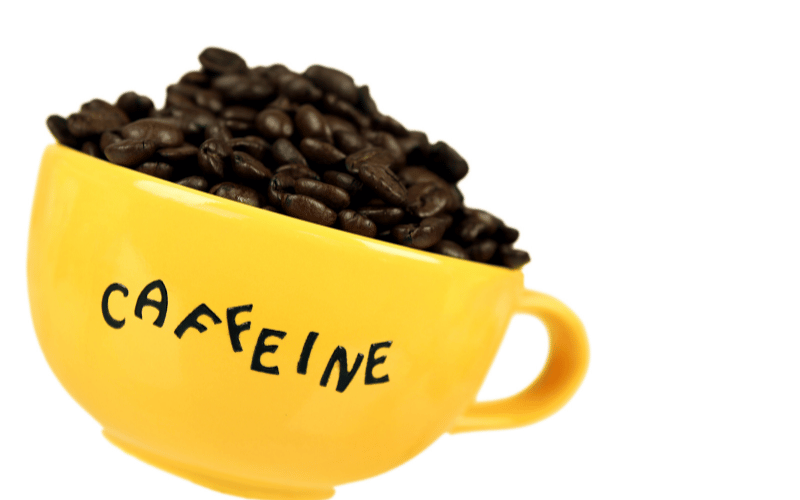Cause 9: Caffeine and Diuretics

Caffeine, a commonly consumed stimulant, can be found lurking in an array of products: from the obvious culprits like coffee and energy drinks to the more innocuous seeming chocolates and certain pain relievers. But how does this relate to nocturnal enuresis? Caffeine plays a role in increasing urine production. For many, that afternoon coffee might necessitate a couple of extra trips to the bathroom, but for children, especially those with a predisposition to bedwetting, it can mean a sleep disrupted by wet sheets.
To understand why caffeine leads to an increased urge to urinate, it’s essential to delve into the physiological response. Caffeine acts as a diuretic. This means it promotes the removal of salt and water from the body. When the body expels more water, the volume of urine produced naturally increases. For a child whose bladder might already be under stress or who may have difficulty waking up in time, this spells trouble. Nighttime consumption of caffeine can, therefore, greatly increase the risk of bedwetting episodes.
While caffeine often steals the spotlight, there are other diuretics that parents need to be aware of. Medications, especially those prescribed for conditions like hypertension or edema, can enhance urine production. If a child is on such medication, nocturnal enuresis might become a concern. This is where medical consultation and monitoring become paramount. It’s not about stopping necessary medication but perhaps adjusting dosages or timings in consultation with a pediatrician.
Knowing the potential of caffeine and other diuretics to induce bedwetting gives caregivers an advantage. By regulating and monitoring the child’s intake, especially closer to bedtime, one can reduce the risk. This might mean limiting sodas or chocolates in the evening or rescheduling medication timings. The key is awareness and proactive management. (9)